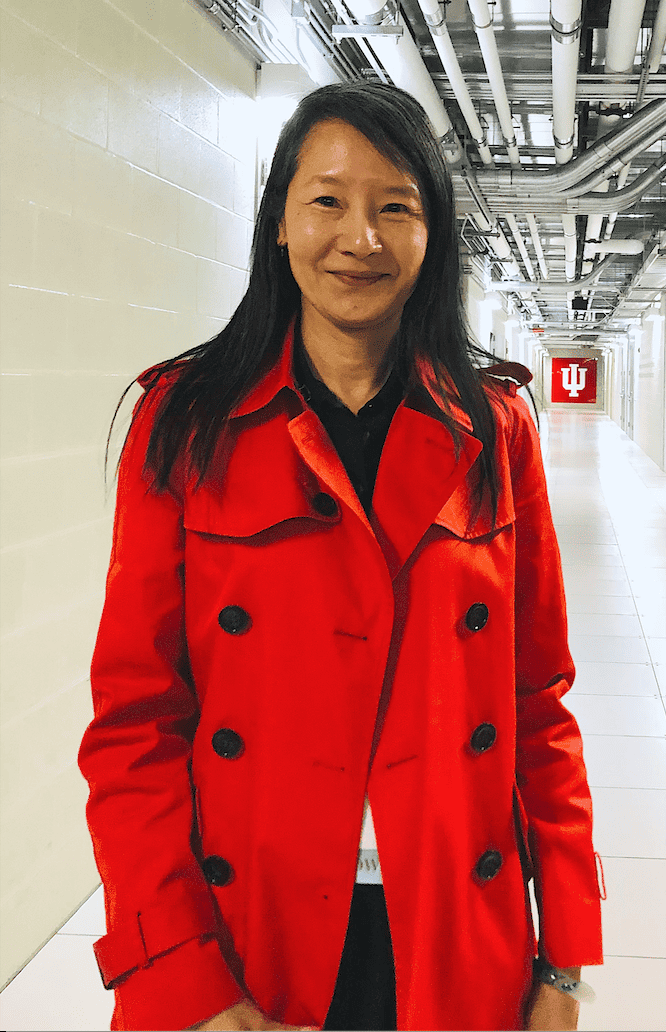
School of Information Associate Professor Dr. Shuyuan Ho Metcalfe recently got her patent “Systems and methods for detecting deception in computer-mediated communications” approved by the United States Patent and Trademark Office (USPTO).
It all started with a research question when Dr. Metcalfe was tracking literature about facial recognition in the physical context, suggesting that you can identify lies by observing facial “tells” such as raising an eyebrow or touching an ear.
This led to her curiosity to know whether it would be possible to detect “tells” that could help identify online deception when someone’s facial expression is unavailable. More specifically, is it possible to identify lies within language exchange?
“I think of this patent as being the beginning of a new era that suggests we can build an artificial intelligence system—what I called the online polygraph—that dynamically attributes degrees of untrustworthiness to a conversational partner,” explained Dr. Metcalfe. “It can produce a degree—a probability—and an estimation of how much an interacting person online in a conversation is being honest.”
Dr. Metcalfe shared with CCI that her research will and should continue to grow as her patent describes a method of assisting humans in detecting lies and achieving autonomous self-actualization; and next steps include finding entrepreneurs and angel-investors who will help co-develop the online polygraph system.
When CCI asked Dr. Metcalfe about the main thing that users can take away from this patent, she replied “There is light at the end of the tunnel—even we feel powerless in the face of deepfake, misinformation, and disinformation that constantly pervades the online environment. I believe the development of these technologies is very timely.”
To read the full patent, click here and search “11,714,970”.

